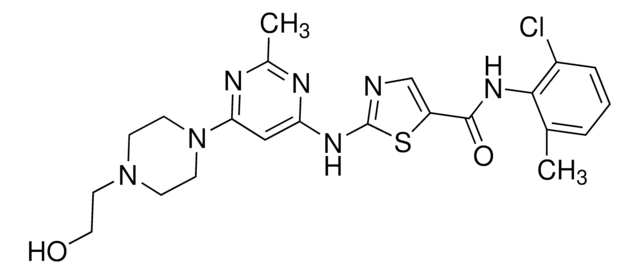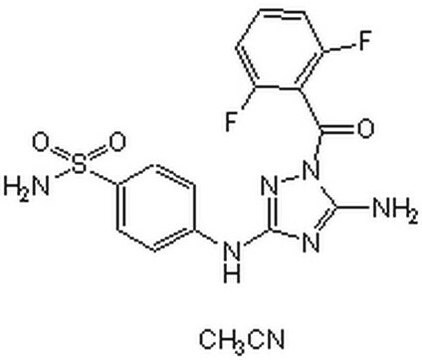17-10400
Anti-phospho-MLKL (Ser358) Antibody Set
from rabbit, purified by affinity chromatography
Synonim(y):
Mixed lineage kinase domain-like protein, MLKL
About This Item
Polecane produkty
pochodzenie biologiczne
rabbit
Poziom jakości
forma przeciwciała
purified antibody
rodzaj przeciwciała
primary antibodies
klon
polyclonal
oczyszczone przez
affinity chromatography
reaktywność gatunkowa
human
metody
western blot: suitable
numer dostępu UniProt
Warunki transportu
wet ice
docelowa modyfikacja potranslacyjna
phosphorylation (pSer358)
informacje o genach
human ... MLKL(197259)
Powiązane kategorie
Opis ogólny
RECOMMENDED USAGE:
It is recommended to first perform immunoprecipitation on your sample using the non-phosphorylated MLKL antibody for “total” MLKL protein isolation (see protocol section on page 2 of the Certificate of Analysis); then use the immunoprecipitated sample to detect the phosphorylated protein using the phospho-MLKL (Ser358) antibody via western blot.
Specyficzność
Immunogen
Zastosowanie
Untreated HT-29 cell lysates or lysates from HT-29 cells treated with Cycloheximide,Z-VAD-FMK and TNF alpha were first immunoprecipitated using the Anti-MLKL “total” antibody (1:1000 dilution) to isolate the MLKL protein.
The isolated “total” MLKL protein sample was then probed with Anti-phospho-MLKL (Ser358) (1:1000 dilution).
Komponenty
One vial of MLKL “Total” antibody
Jakość
Anti-phospho-MLKL (Ser358) Antibody: Evaluated by Dot Blot on phosphorylated and non-phosphorylated MLKL peptides.
Opis wartości docelowych
Postać fizyczna
100 µg (concentration: 1 mg/mL) of Anti- MLKL purified polyclonal antibody in 0.1 M Tris-Glycine (pH 7.4), 150 mM NaCl, with 0.05% sodium azide.
Inne uwagi
Nie możesz znaleźć właściwego produktu?
Wypróbuj nasz Narzędzie selektora produktów.
Kod klasy składowania
12 - Non Combustible Liquids
Temperatura zapłonu (°F)
Not applicable
Temperatura zapłonu (°C)
Not applicable
Certyfikaty analizy (CoA)
Poszukaj Certyfikaty analizy (CoA), wpisując numer partii/serii produktów. Numery serii i partii można znaleźć na etykiecie produktu po słowach „seria” lub „partia”.
Masz już ten produkt?
Dokumenty związane z niedawno zakupionymi produktami zostały zamieszczone w Bibliotece dokumentów.
Nasz zespół naukowców ma doświadczenie we wszystkich obszarach badań, w tym w naukach przyrodniczych, materiałoznawstwie, syntezie chemicznej, chromatografii, analityce i wielu innych dziedzinach.
Skontaktuj się z zespołem ds. pomocy technicznej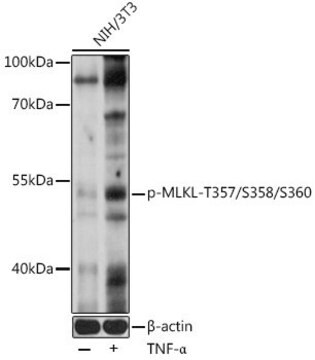
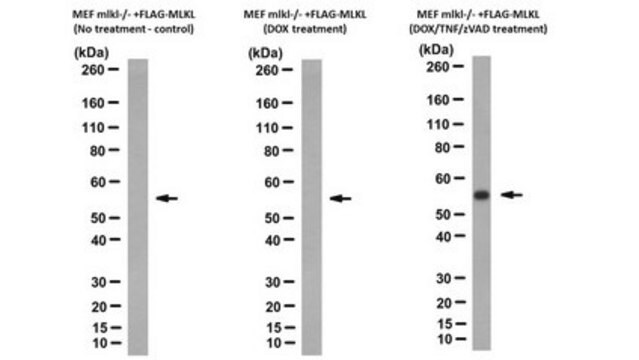

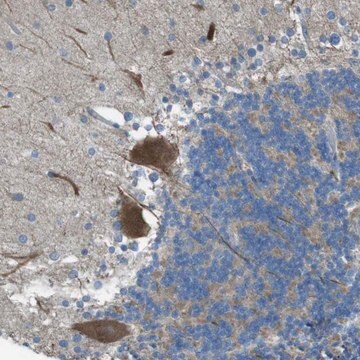

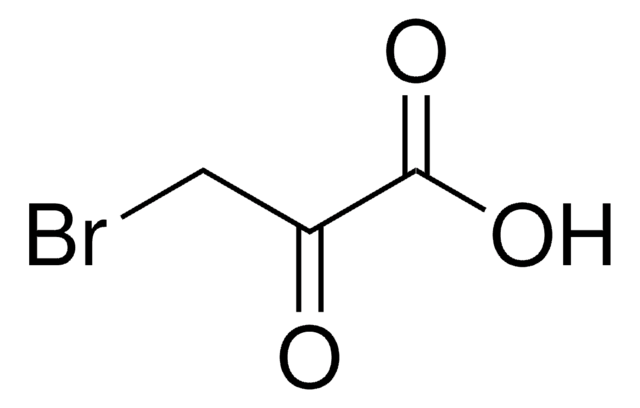
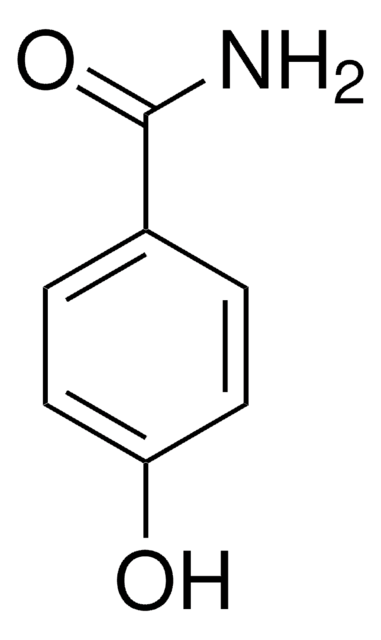
![7-Cyclopentyl-5-(4-phenoxyphenyl)-7H-pyrrolo[2,3‑d]pyrimidin-4-ylamine ≥98% (HPLC)](/deepweb/assets/sigmaaldrich/product/structures/373/481/73848ea9-b1fa-4ae5-8cf0-d135386891ae/640/73848ea9-b1fa-4ae5-8cf0-d135386891ae.png)
